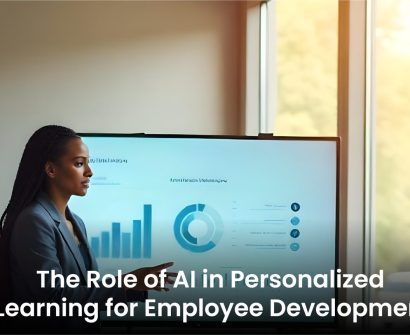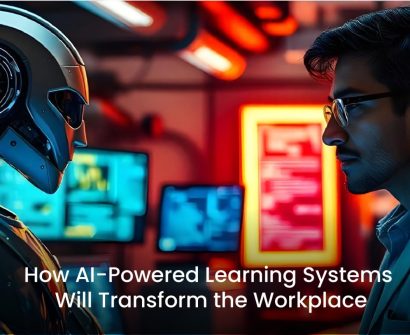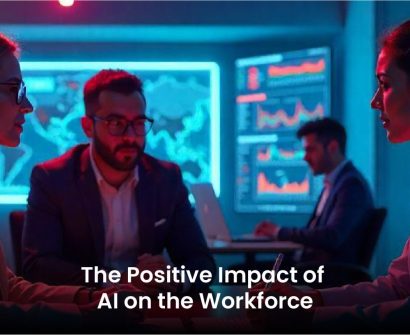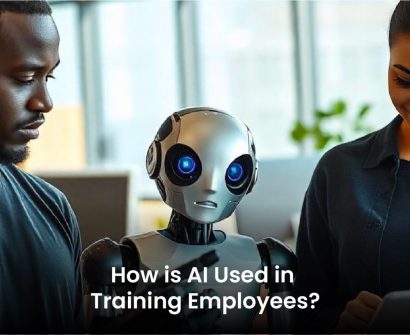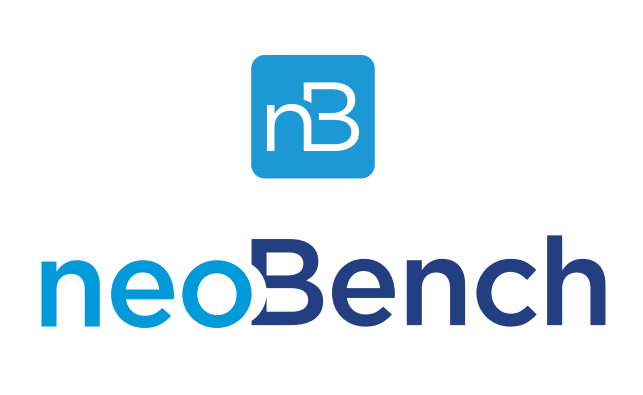
Why Is Ai A Hot Topic In Workplaces Today?
Artificial intelligence (AI) is no longer a buzzword exclusive to tech circles; it is now a necessary tool in the modern company that drives until unheard-of improvements in operations. AI is rapidly changing sectors from streamlining processes to providing customized client experiences. Its capacity to analyze enormous volumes of data and offer practical insights has made it a vital instrument for development and creativity. But while AI transforms decisions and chores, it also presents issues that deserve careful thought. We examine the pros and cons of AI in the workplace in this blog, including how it affects employment positions, corporate efficiency, and the changing work environment.
The Pros of AI in the Workplace
AI in the workplace presents several benefits that make it a powerful tool for companies striving to raise overall productivity, reduce costs, and enhance operational efficiency. The following are some major benefits of AI for productivity in the workplace:
1. Increased Efficiency and Productivity
The capacity of AI to maximize processes is among its most important advantages for the business. Automating tedious and boring chores lets staff members concentrate on high-value projects requiring critical thought and innovation. AI-driven solutions, for example, can save time by handling chores such as data input, scheduling, and inventory control, therefore lowering mistakes.
2. Enhanced Decision-Making Through Data Analysis
Artificial intelligence’s capabilities include processing massive amounts of data and generating perceptive analysis. Analytics driven by artificial intelligence allows businesses to analyze patterns, project results, and guide decisions. Explore cutting-edge AI integration services made to fit your particular requirements to find out how tailored solutions from AI may change your company operations.
3. Automation of Repetitive Tasks
Workplace automation driven by AI is revolutionizing sectors like manufacturing, healthcare, and consumer service. Faster turnaround times and better operational efficiency follow from the unequaled accuracy with which robots and algorithms can complete regular operations like quality checks, billing, and report preparation.
4. Improved Customer Service with AI Chatbots
Especially in customer-facing industries, AI-powered chatbots have become the core of office automation. These chatbots handle queries, provide fast assistance, and even walk customers through purchasing processes so ensuring perfect client experiences 24/7. Visit our AI Blog: Latest Trends and Insights to get more about the future of customer engagement.
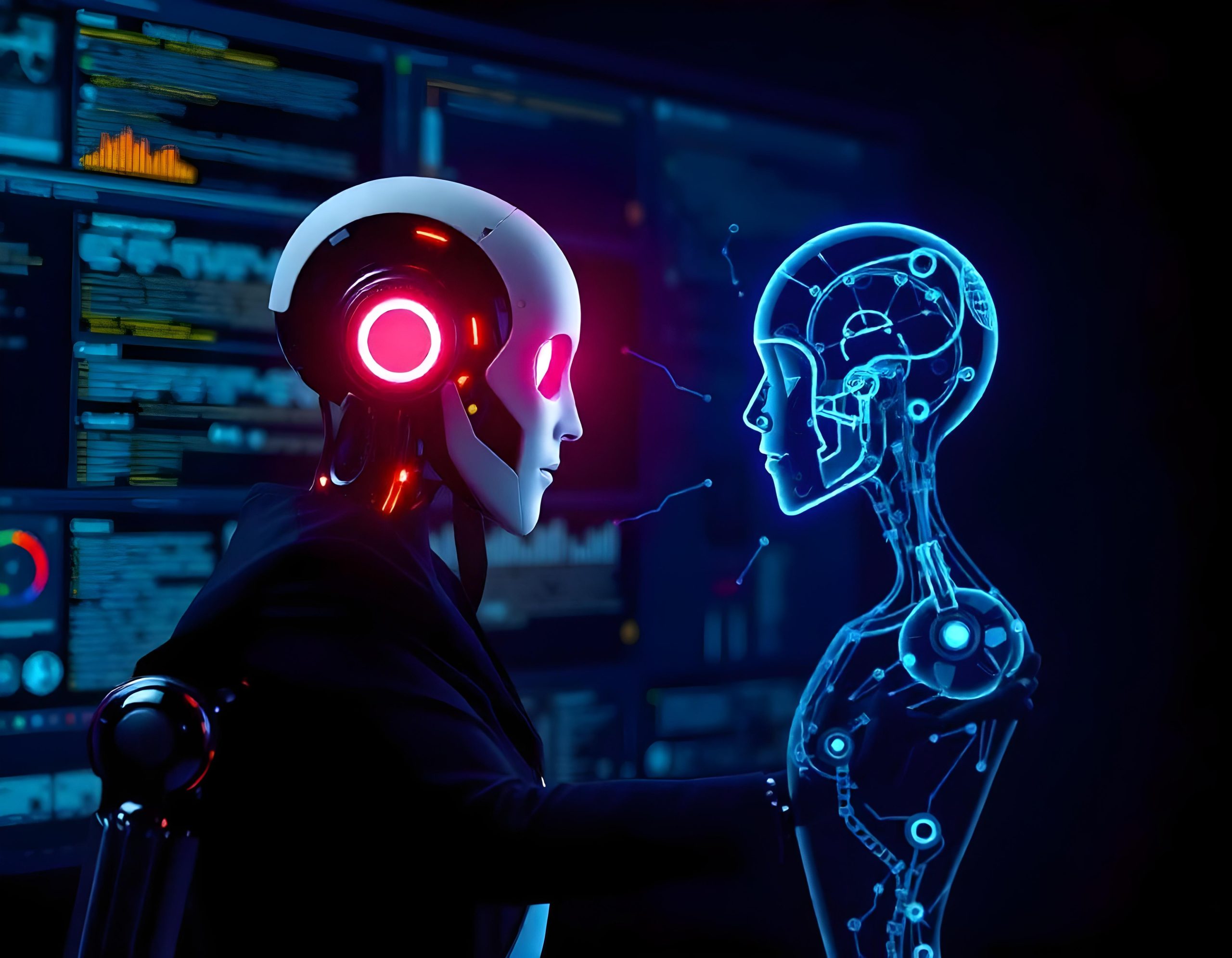
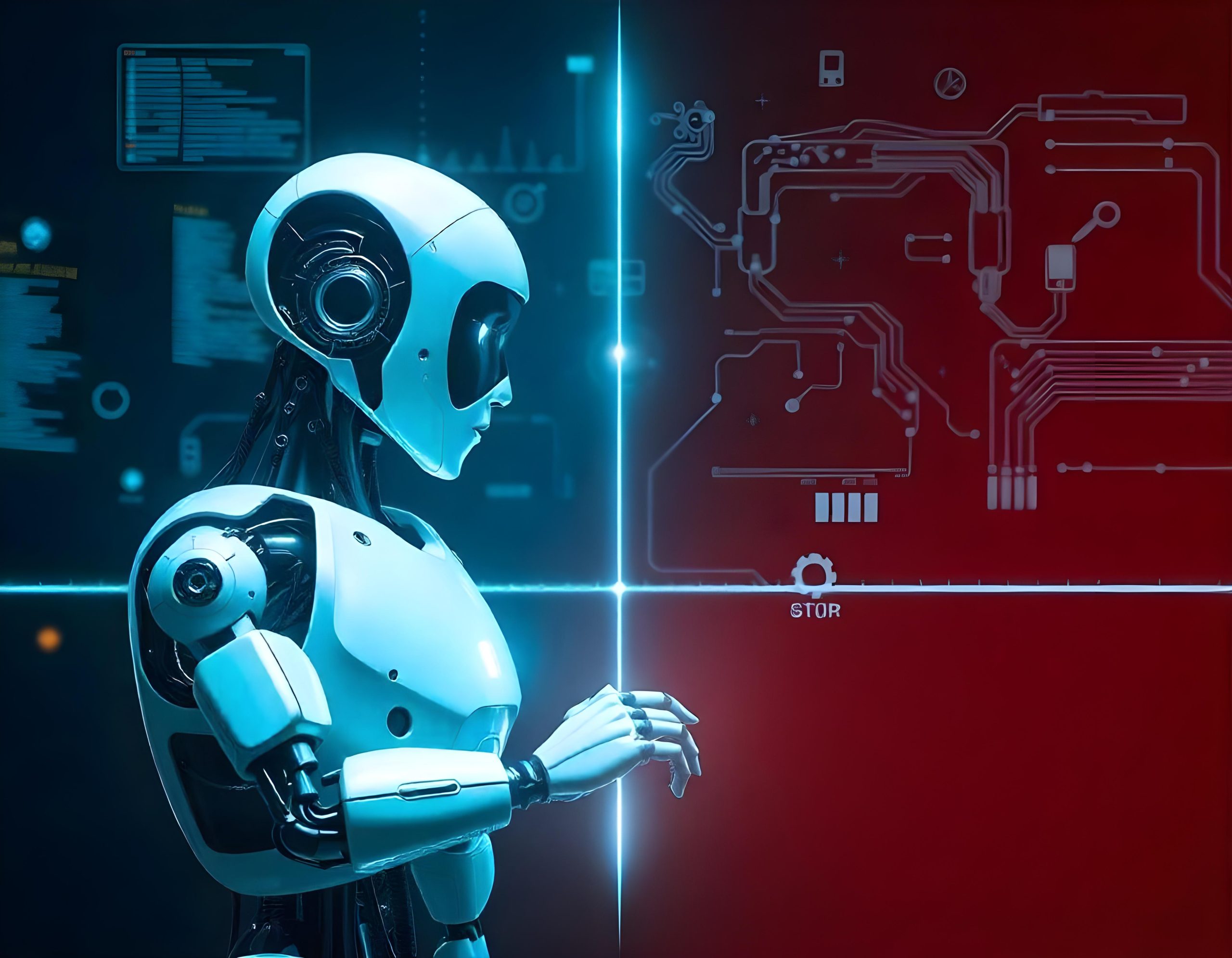
5. Cost Reductions in Long-Term Operations
While using AI calls for an initial outlay, over time it results in notable reductions in costs. Companies can reach sustainable development without raising running costs by lowering the demand for significant human labor and bettering resource allocation.
While AI offers many compelling benefits, it is important to solve its constraints and difficulties. The main disadvantages are:
1. Job Displacement and Unemployment Concerns
Automation of once human-performed jobs causes concerns about employment loss. Employees in jobs like basic manufacturing or data entry that mostly depend on repeated tasks might find their careers unnecessary. Growing worry is how AI is redefining job job roles and skills requirements as businesses have to carefully deal with these disruptions.
2. High Implementation and Maintenance Costs
Using AI technology sometimes comes with large upfront expenses involving hardware, software, and people training. Moreover, keeping AI systems current and relevant can be taxing for small companies especially in terms of resources.
3. Ethical Dilemmas Surrounding AI Decision-Making
Let’s examine some actual uses to better grasp how AI is transforming companies: Many times functioning as black boxes, artificial intelligence systems have opaque decision-making processes. This raises moral issues particularly in delicate fields like employment, financing, or healthcare. Well-managed ethical considerations of AI in the workplace will assist to prevent discrimination and unjust policies. Know about Neobench’s Mission in AI Innovation to develop ethical and impactful solutions for additional ideas on responsible usage of artificial intelligence.
4. Data Privacy and Security Risks
Artificial intelligence in business operates effectively only with massive amounts of data. Still, this dependency creates privacy issues and increases data breach risk. Companies using AI for operational success have to put strong security policies into place to guard private data.
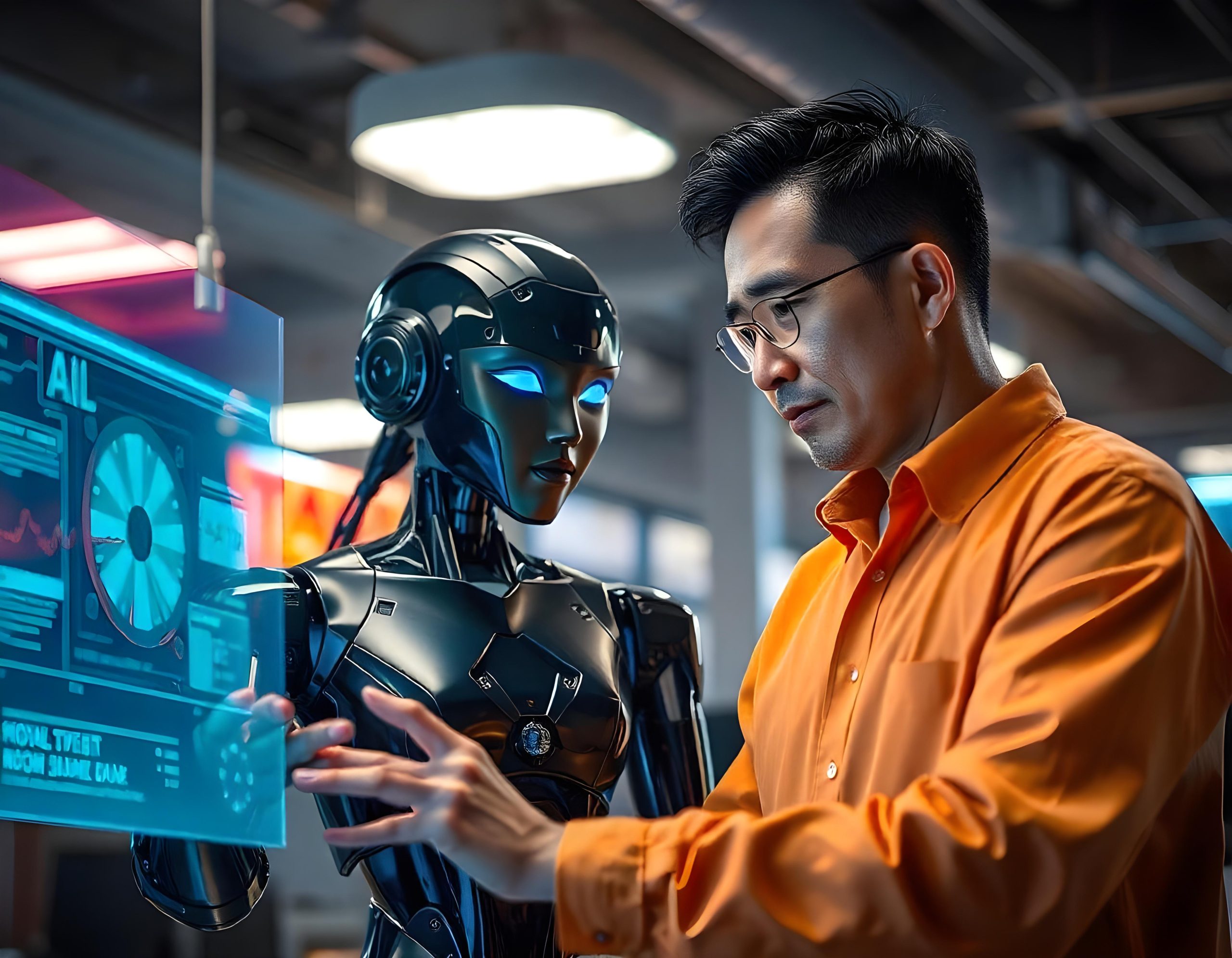
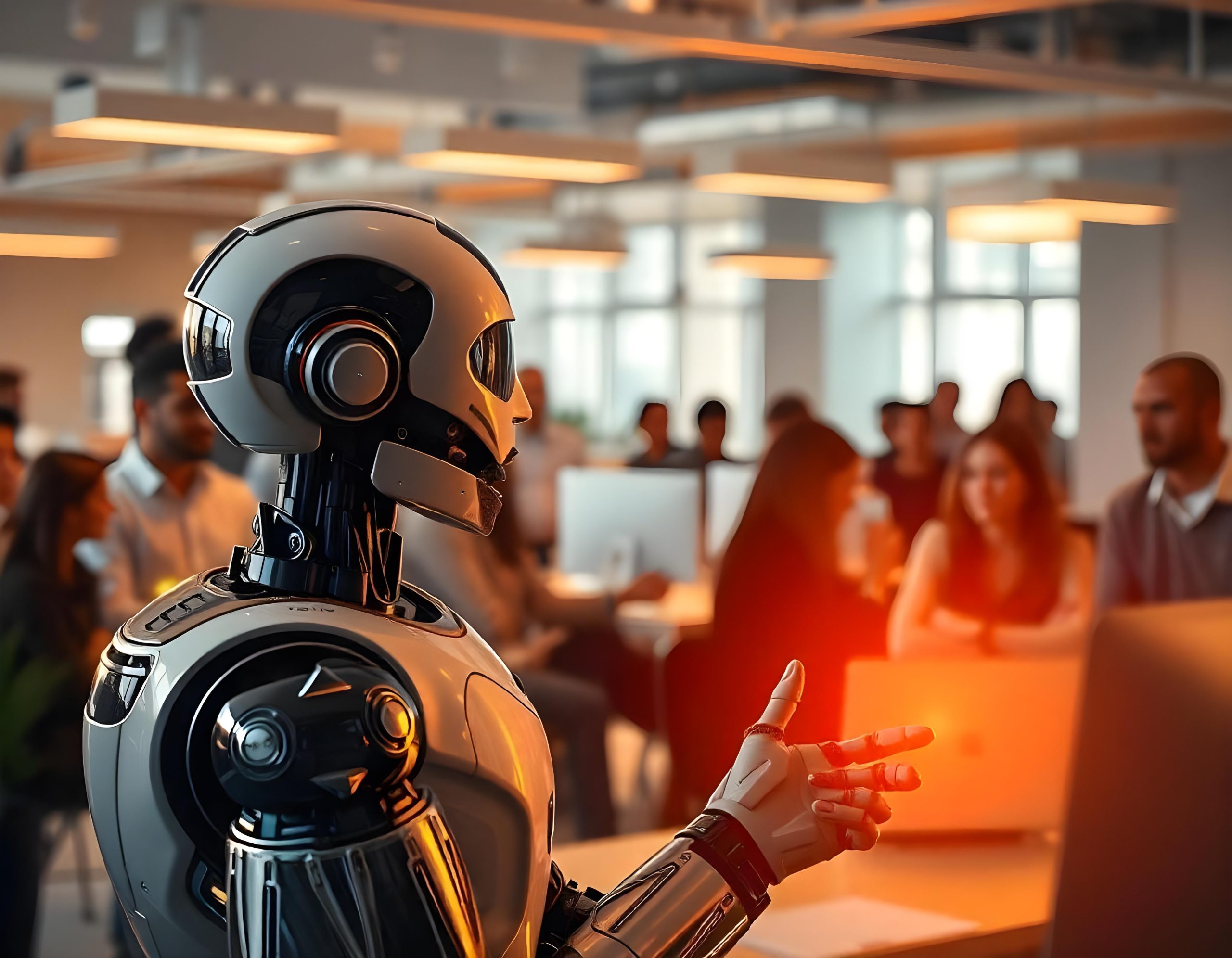
5. Dependency on Technology and Loss of Human Touch
Even if AI excels in efficiency, it lacks human emotional intelligence and imagination. Over-reliance on technology can lead to a loss of personal connection in fields such as customer service, therefore possibly alienating both consumers and employees equally.
Real-World Examples of AI in the Workplace
Let’s examine some real-world instances of how AI is improving workplace efficiency to help one better grasp how it is changing companies:
Successful Integration of AI
Retail Sector: Businesses like Amazon apply AI for demand forecasting, inventory control, and tailored product suggestions.
Healthcare: Faster and more precisely identification of illnesses via AI-driven diagnostic systems helps clinicians to improve patient outcomes.
Challenges of AI integration in business operations
Manufacturing: While artificial intelligence-powered robots have raised productivity, they have also replaced manufacturing jobs.
Finance: While artificial intelligence-powered robots have raised productivity, they have also replaced manufacturing jobs
Ethical and Future Considerations
Using AI-powered learning systems, healthcare companies are teaching medical professionals on the newest techniques and operations. Simulations and interactive situations produced by AI let medical practitioners practice important skills in a virtual, secure setting.
1. Creating Policies for Ethical AI Use
Clear rules must be established by companies to guarantee ethical AI application. This covers handling problems like responsibility, data abuse, and prejudice.
2. Preparing the Workforce for AI
Reducing the effects of job displacement depends on employees’ becoming upskilled. Discover AI-Powered Learning Solutions for customized solutions to empower staff members with AI training.
3. Balancing Human Creativity with AI Automation
AI can’t mimic human creativity, empathy, or strategic thinking even if it shines in managing monotonous chores. Companies have to balance keeping the human touch in their operations with automation.
Conclusion
The emergence of AI in the workplace offers chances as well as difficulties. Companies have to negotiate the complexity of ethical issues, employment displacement, and reliance on technology even as it provides certain clear advantages such as higher productivity, cost savings, and better decision-making. Organizations may release the possibilities of artificial intelligence while resolving its constraints by using a deliberate and balanced method of integration.
Why Choose Neobench for AI-Powered Workforce Transformation?
Modern Learning Management Solution neoBench uses artificial intelligence to enable companies in workforce reskilling and upskill development. Our cloud-based system is meant to streamline AI integration and stimulate environmentally friendly expansion. From sophisticated data analytics to tools for workplace automation and AI-powered chatbots, neoBench offers bespoke solutions fit to your particular company requirements.
Using neoBench will help you to maximize the transforming power of artificial intelligence for your company by ensuring ethical deployment and easy navigation of the adoption obstacles.
Take the Leap with Neobench!
Find how neoBench may transform your workplace. Get in touch with our AI experts today to start with neoBench creating a workforce fit for the future!


